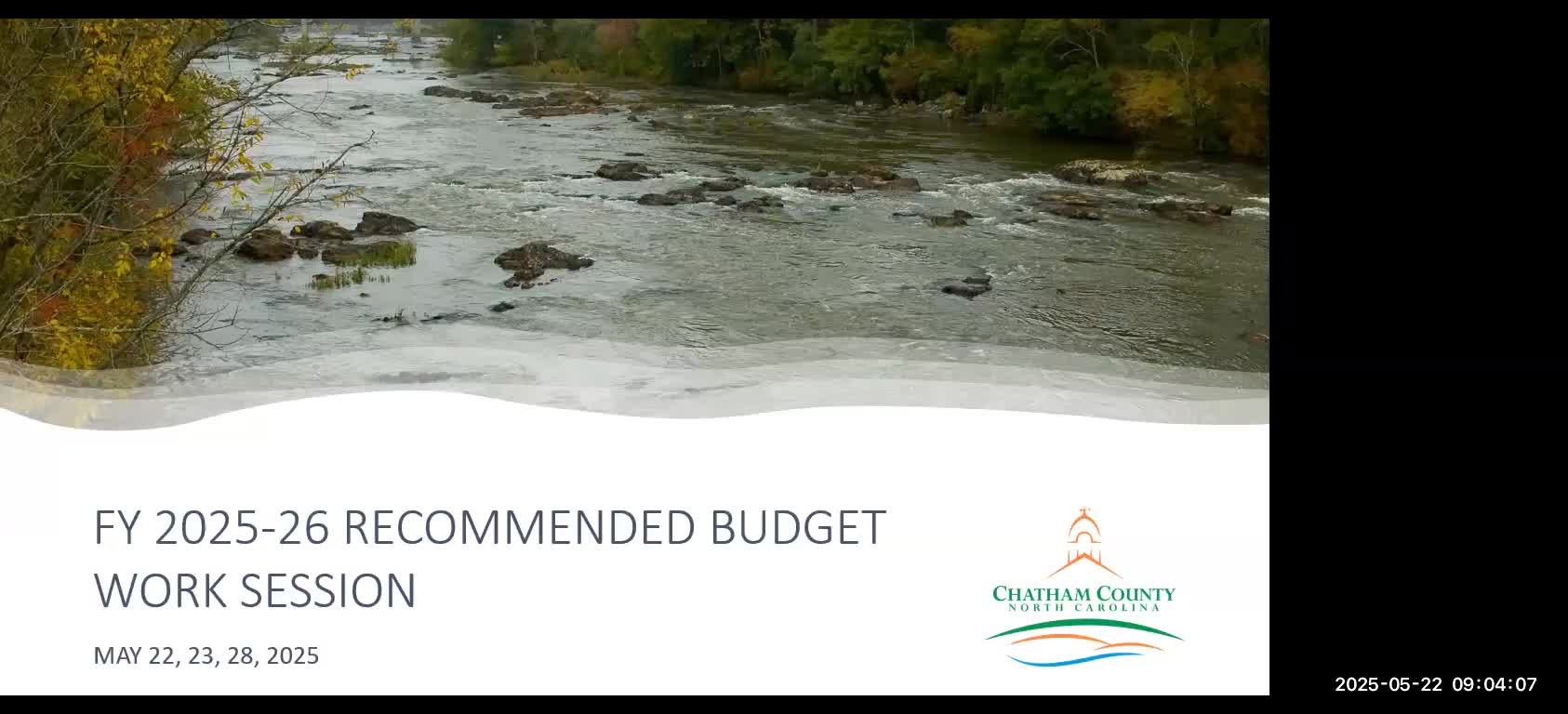Article not found
This article is no longer available. But don't worry—we've gathered other articles that discuss the same topic.
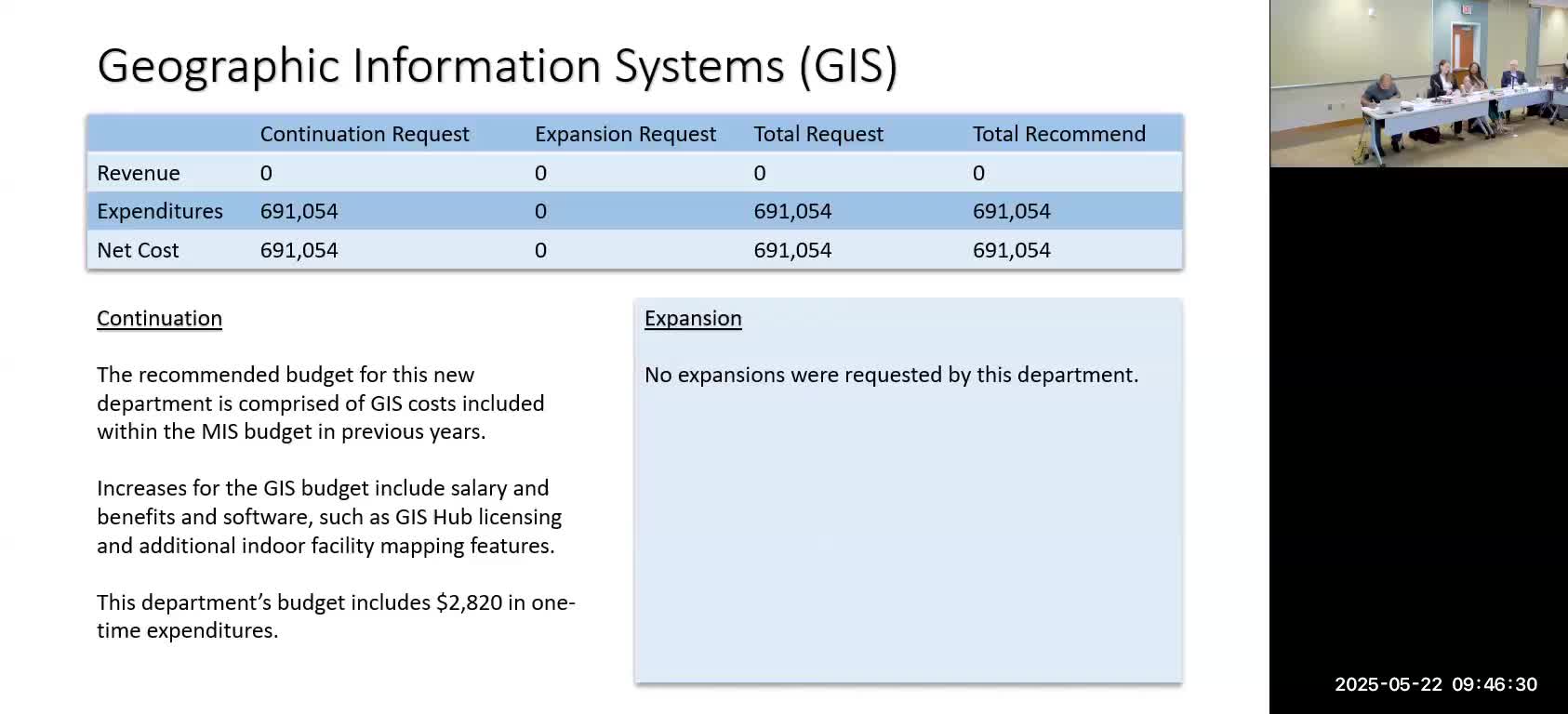
Elections director requests full-time coordinator; commissioners flag timing, budget options
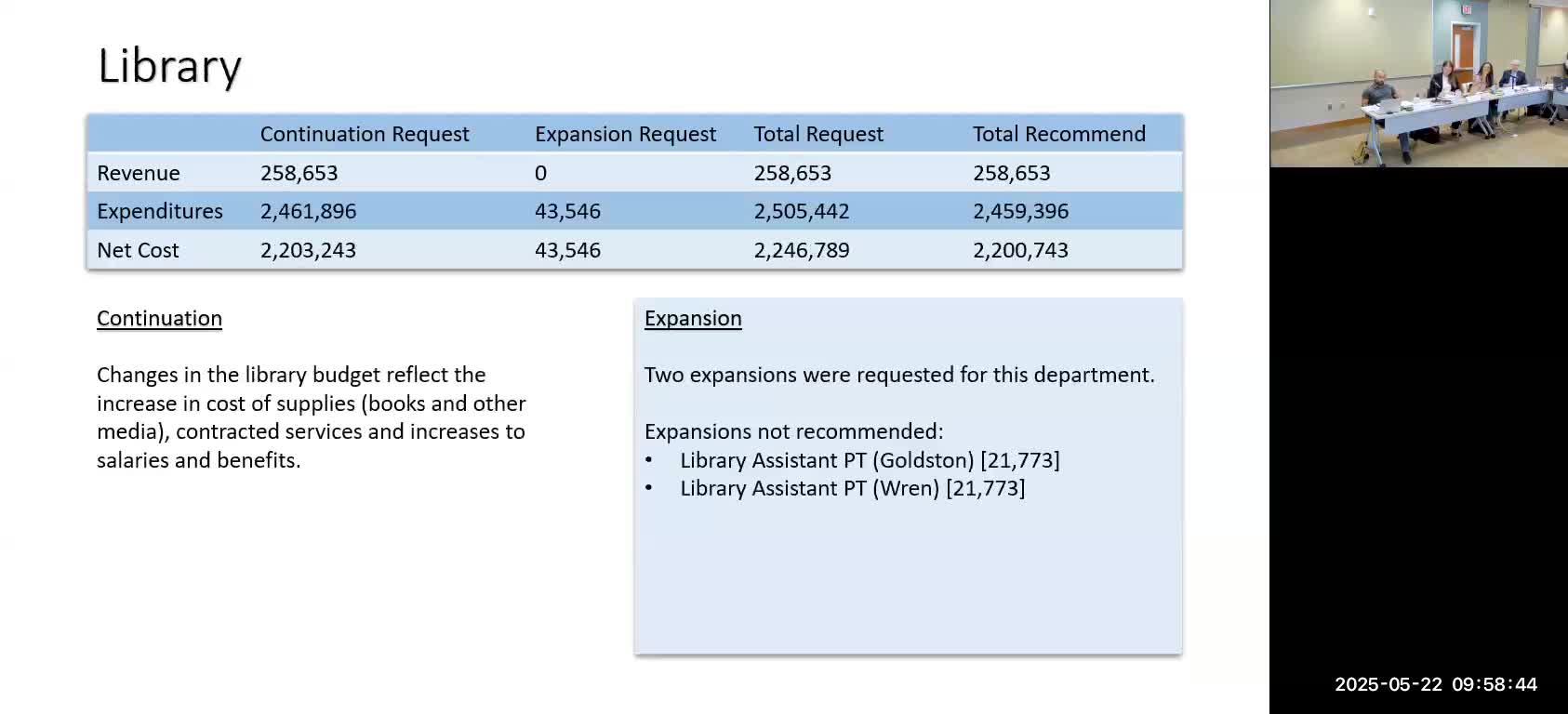
Chatham County reallocates nonprofit funding pool after staff review; board agrees to small adjustments and to explore United Way partnership
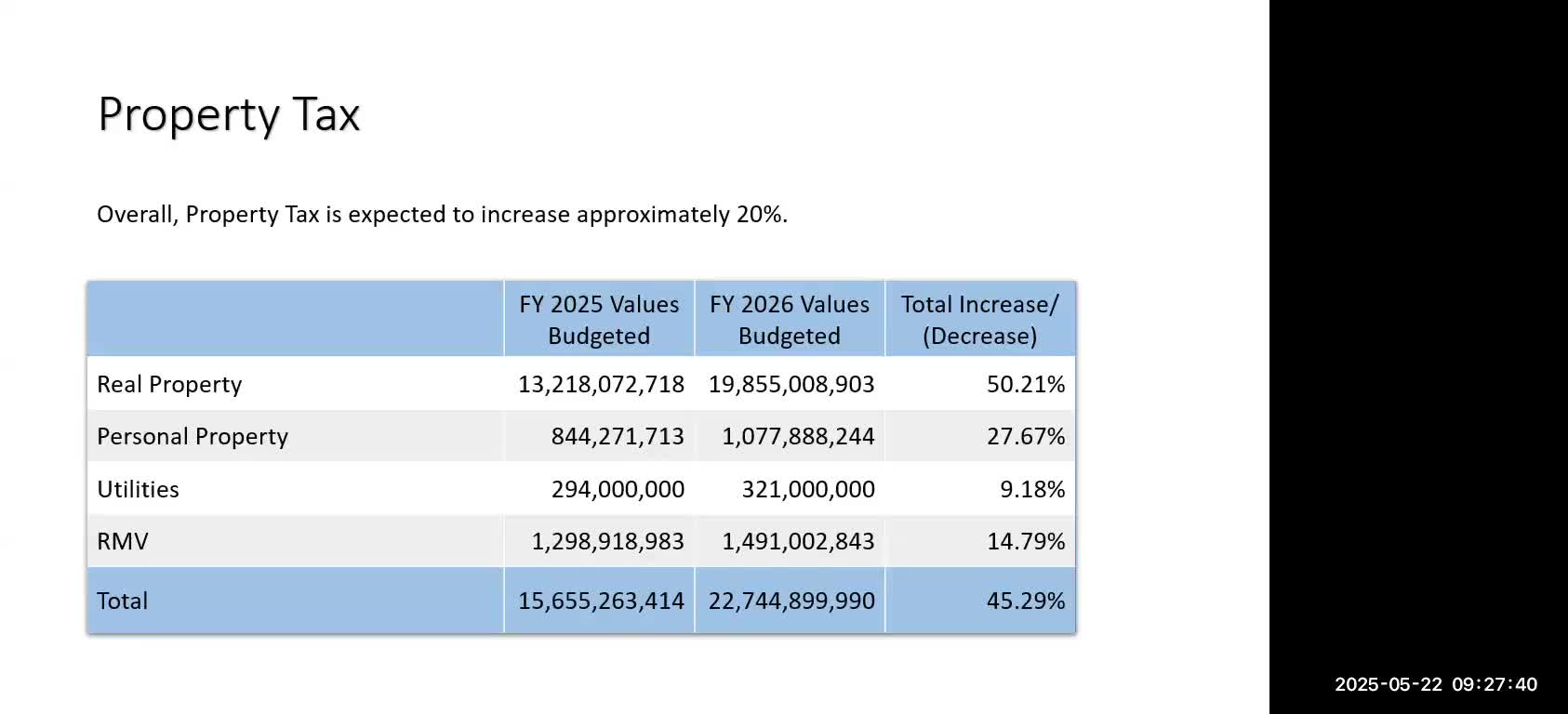
Wolfspeed valuation jump, incentive rebates and Tri River utility merger factor into FY2026 budget
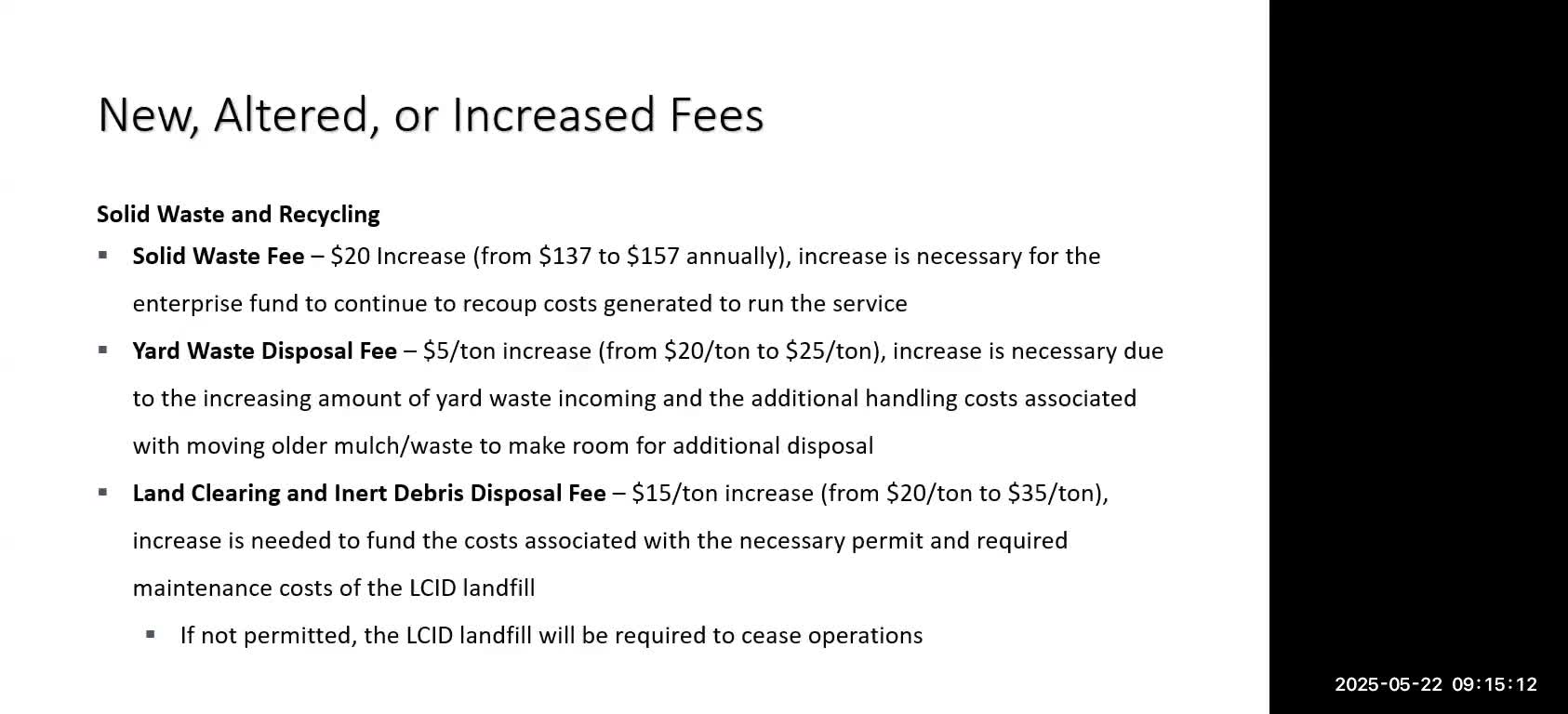
Chatham County proposes higher solid-waste, yard-waste and land-clearing disposal fees to cover permitting and operating costs
